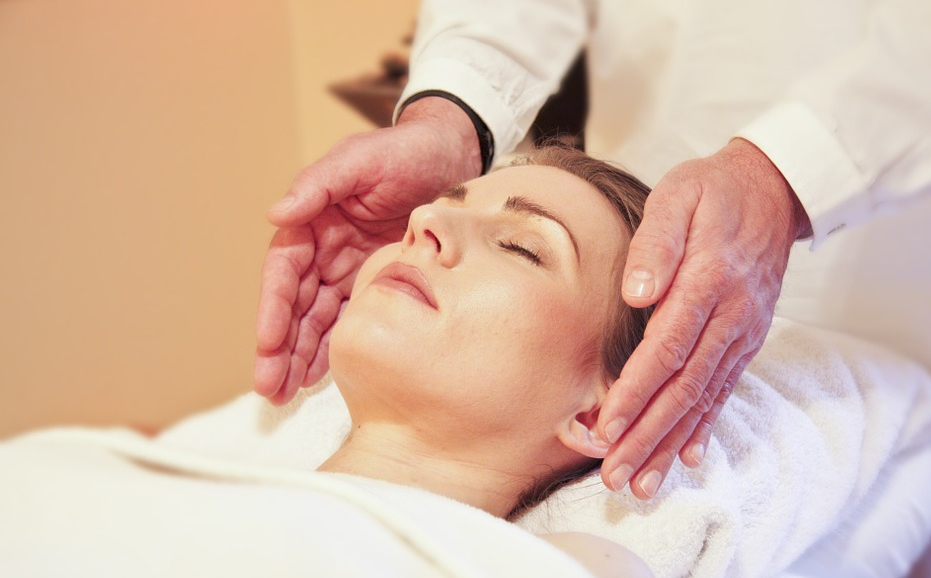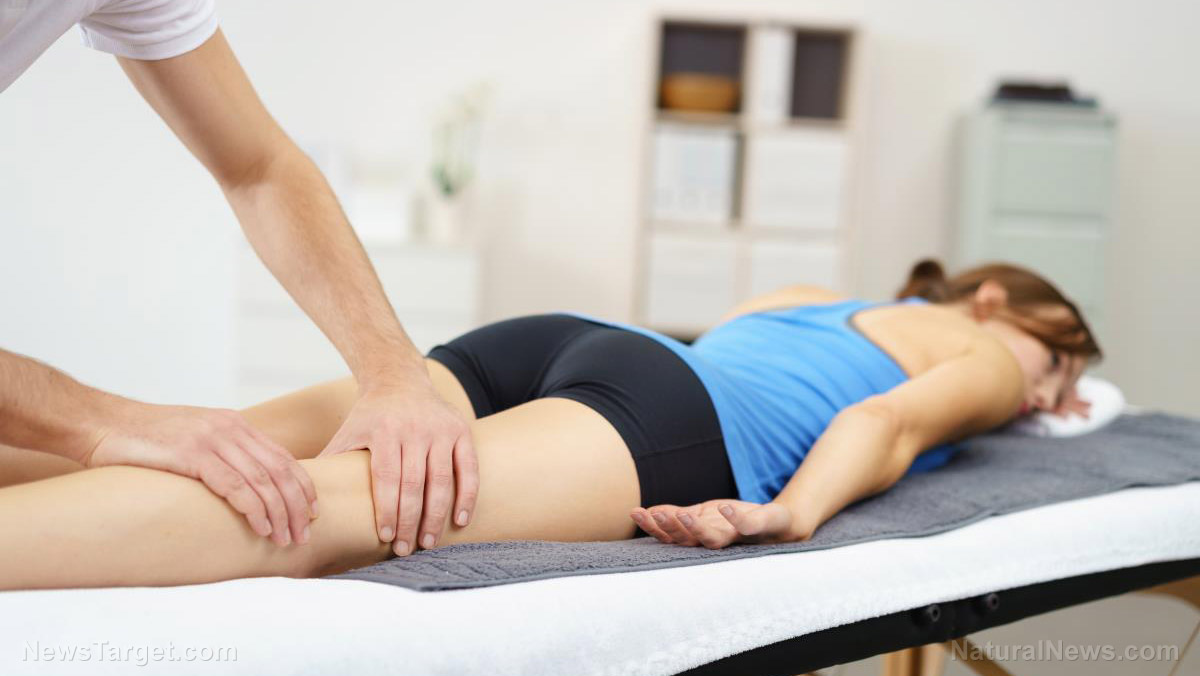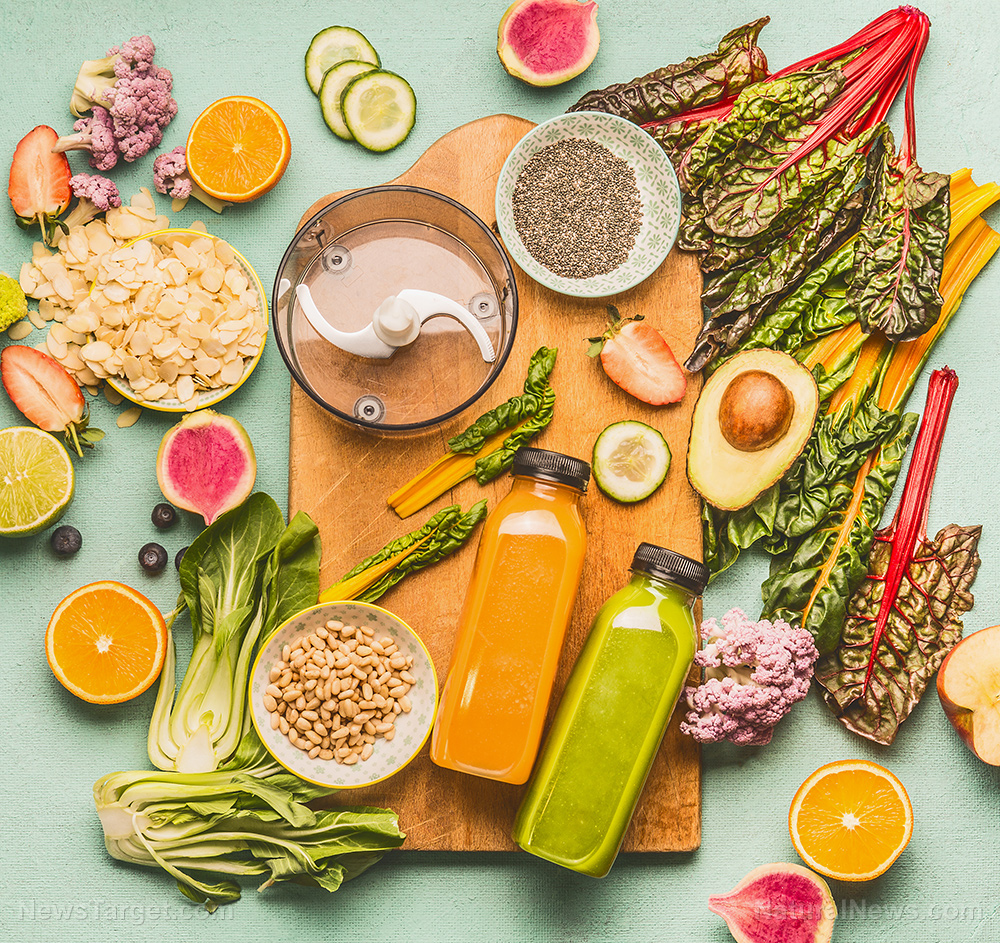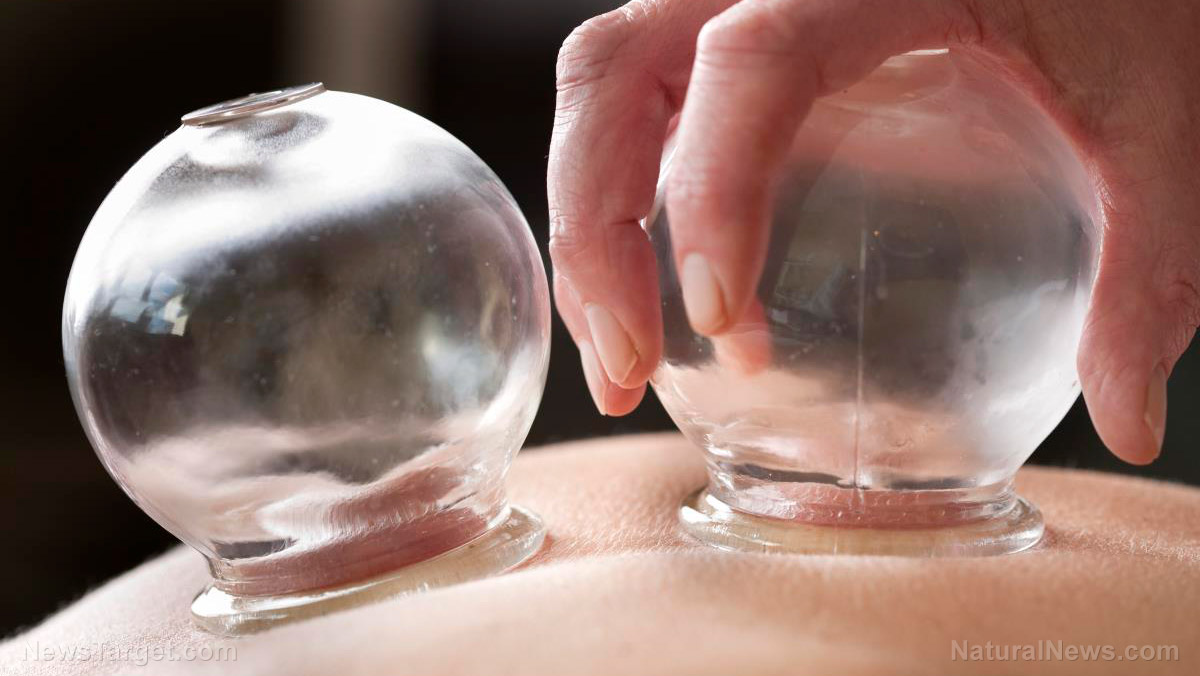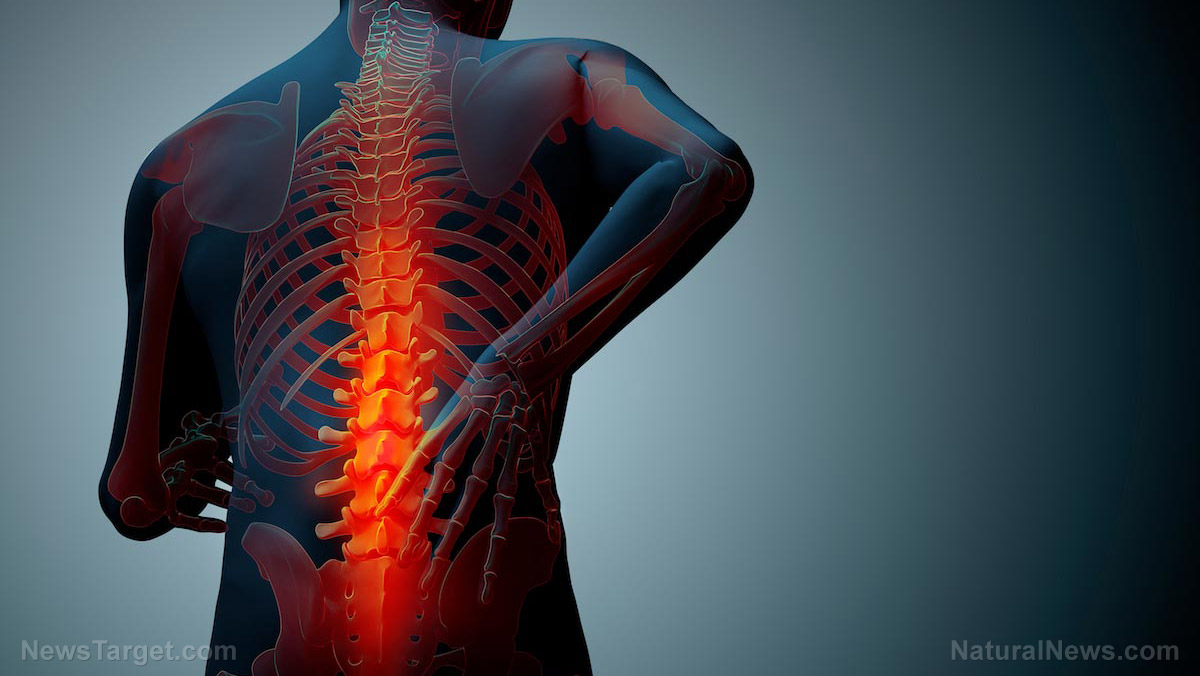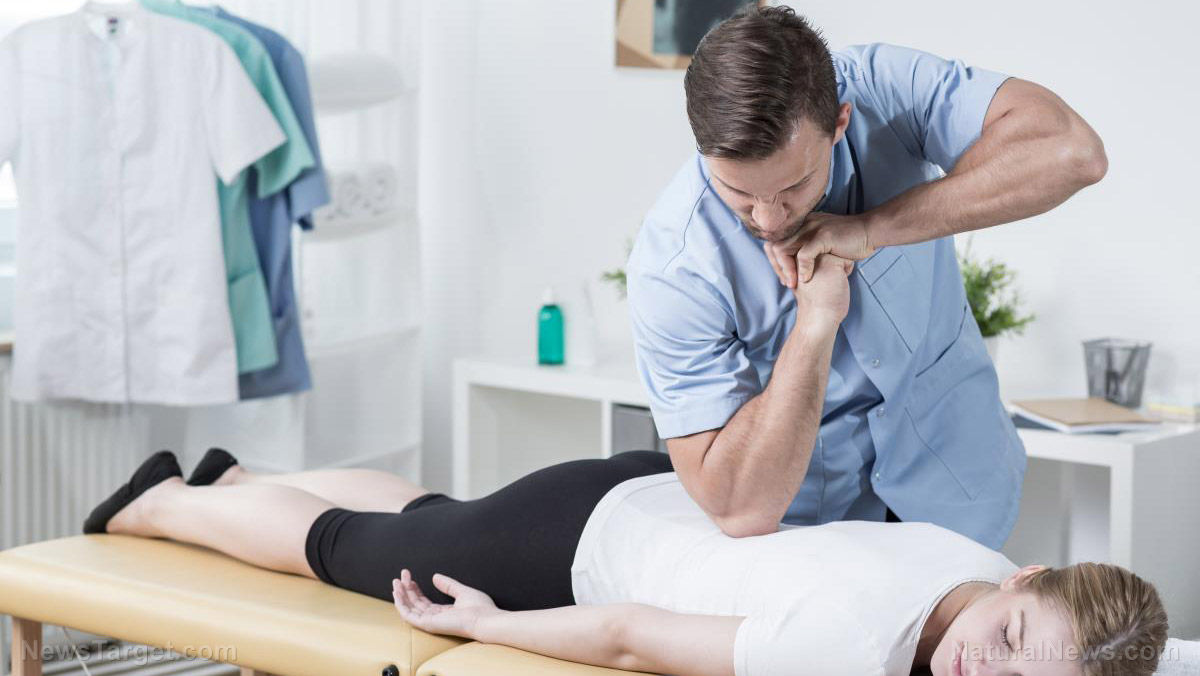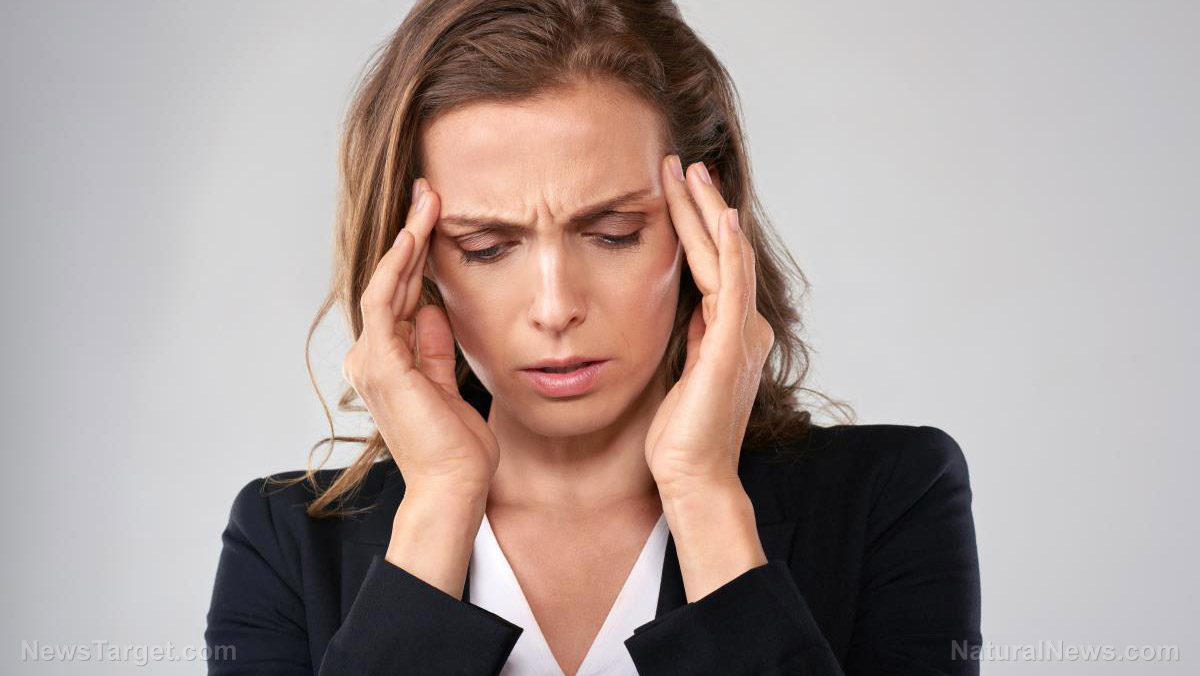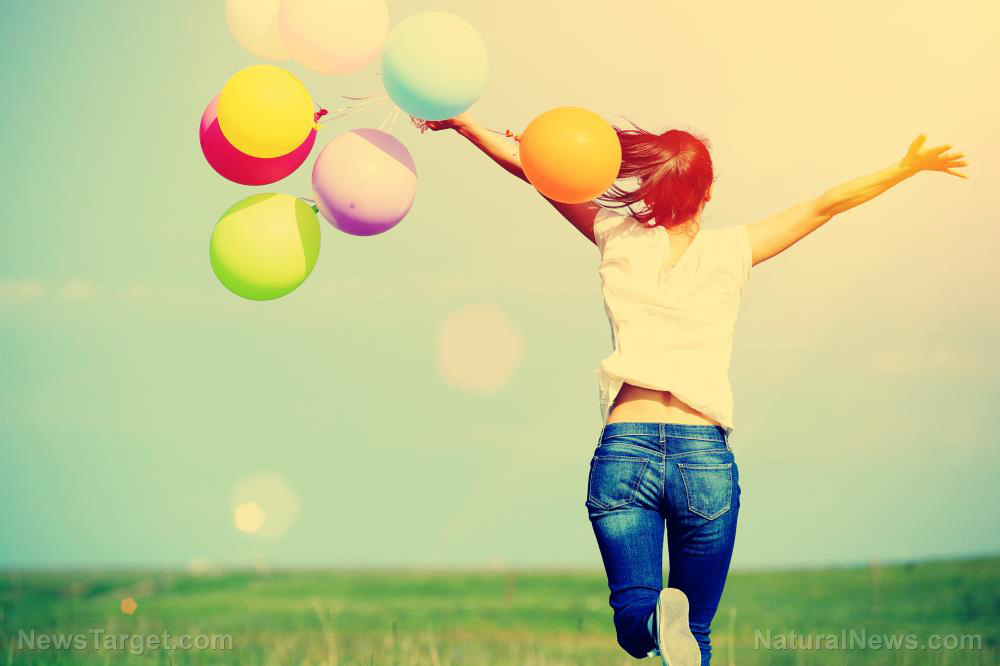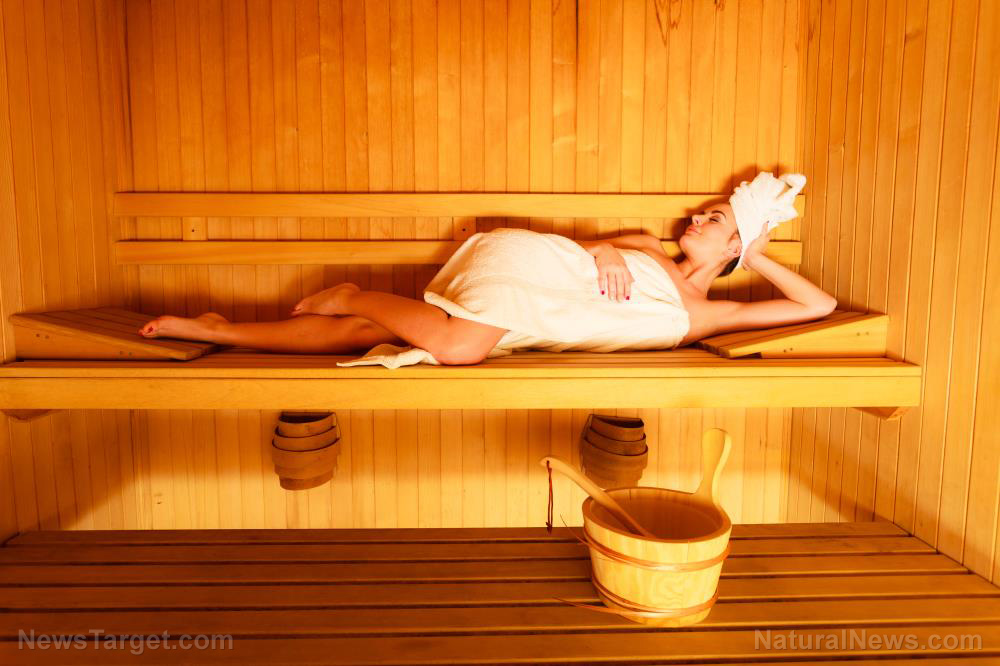Acupressure — sources, health benefits at NaturalPedia.com
12/15/2017 / By Jhoanna Robinson
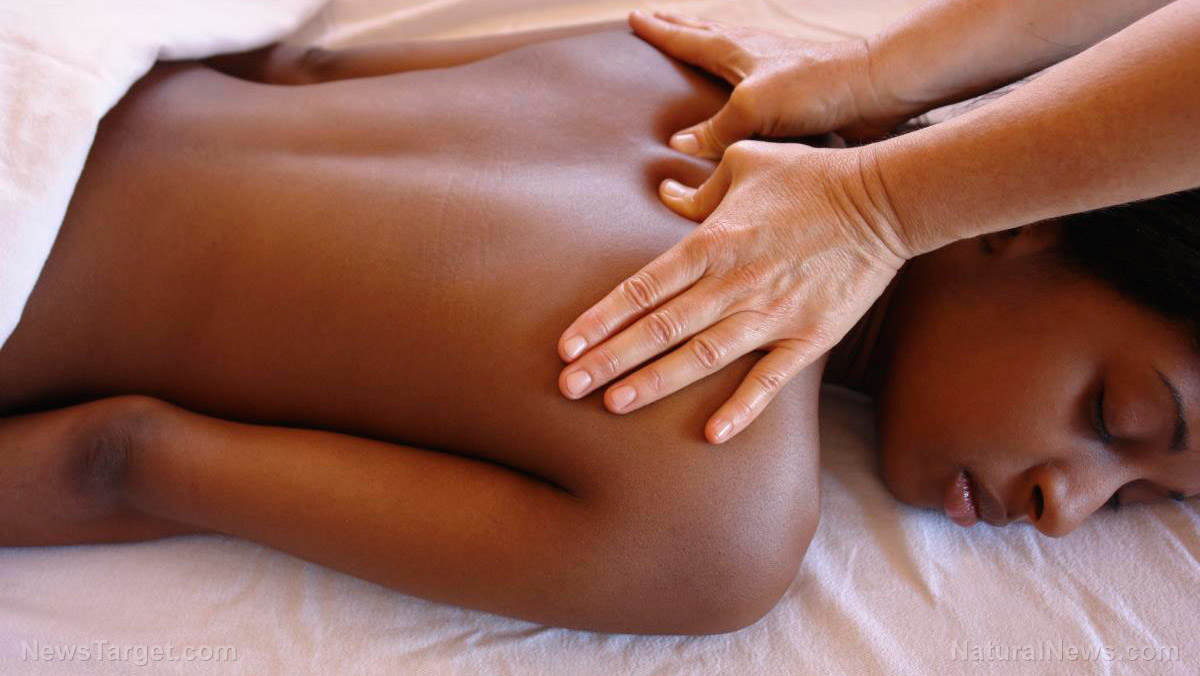
Accupressure, which was developed in Asia over 5,000 years ago, is considered an ancient healing method that employs the use of the fingers, the hands, or the elbows to gently press key healing points, thereby stimulating the body’s natural self-curative capabilities.
Acupressure, chiropractic, and acupuncture treatments originated in China.
There are various types of acupressure techniques. Jin shin acupressure is characterized by holding at least two pressure points for a minute or more; it employs the “extra meridians” or “extraordinary vessels”, which balance the meridians. Shiatsu therapy, the traditional Japanese form of acupressure, is known as a hard massage, with deep pressure applied to each point for three to five seconds.
The 12 meridians of traditional Chinese medicine are the pathways of the body’s healing energy. Life energy is moved through these meridians to improve flow and balance, regulating blood circulation and optimizing the functions of the body’s organs. When life force properly flows through the meridians, the person can be ensured of happiness, harmony, and health.
Acupressure points have a high electrical conductivity at the surface of the skin, thus conducting healing energy in the most effective way possible. In China, healing energy is called qi or chi, while in Japan, the life force is termed ki and the healing energy is called reiki. Yoga practices, on the other hand, call the body’s life force prana or pranic energy.
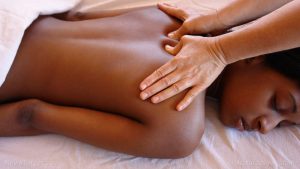
Health benefits of acupressure
Acupressure is generally used to relieve stress-related ailments. It is highly effective for relieving muscular pain in the back. The back is most sensitive at the upper corner and along either side of the spine. To release tightness within the lower back and the sciatica (begins from nerve roots in the lumbar spinal cord in the low back and extends through the buttock area), lie down on a couple of tennis balls tied in a sock.
Acupressure is good for the skin. It enhances muscle tone and increases blood circulation, thereby preventing the growth of wrinkles even without the help of medication or surgery.
Acupressure is good for emotional health. It relaxes the tight muscles that the body gets due to emotional stress and trauma. You see, when you feel that there’s something wrong with you emotionally, your body is also affected in the sense that it contracts its muscles and harden. This tension hinders energy from circulating freely in your body, which can cause physical and emotional imbalances.
Like emotional burdens, muscle tightness can be bad for the body if not dealt with immediately as they can resurface at a later time, when they’re triggered by a new stress.
Divorce is a traumatic life event that can result in emotional problems such as anxiety, depression, or worry and also result in physical symptoms such as irritable bowel problems, stomachaches, ulcers, among others. Acupressure can help alleviate these symptoms.
Acupressure can also help in curbing addiction, since it eases pain, relieves stress and tension, and heightens body awareness.
Acupressure coupled with qi gong (a system of coordinated body posture and movement, breathing, and meditation) facilitates optimal internal healing.
Body systems supported by acupressure
Acupressure is good for the immune system. It creates effects that serve to strengthen the body in its fight against diseases and infection. It also balances body energy.
Acupressure is good for the circulatory system. It provides for a more optimal flow and transport of blood throughout various canals and channels of the body.
Since acupressure is good for meridian pathways, it provides for the proper functioning of the body’s systems including the endocrine, reproductive, digestive, nervous, and vascular, among others.
Where to learn more
- Acupressure could calm patients with dementia, study finds
- Acupressure vs. high blood pressure: This holistic route is 100 percent drug-free
- Acupressure Wristbands Help Cancer Patients
- Acupressure Provides Many Benefits to Dogs and Other Pets
- Acupressure can prevent brain shrinkage in back pain sufferers (press release)
Summary
Acupressure, chiropractic, and acupuncture treatments originated in China.
Acupressure is generally used to relieve stress-related ailments.
Acupressure is good for the skin.
Sources include:
Tagged Under: acupressure

